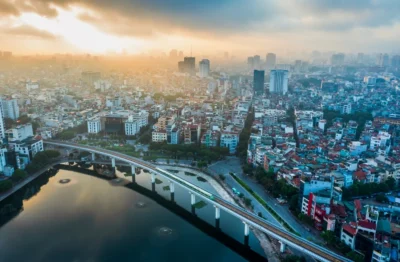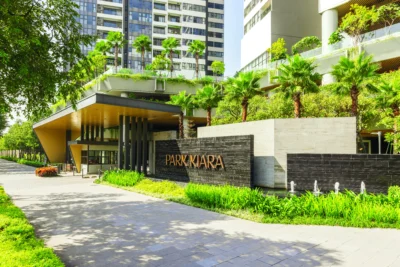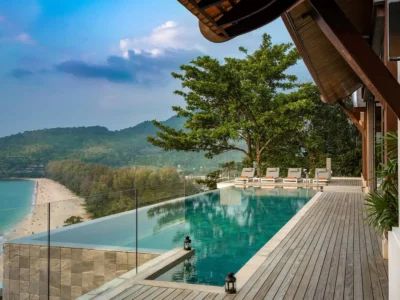Growth of Philippine tourism unveils opportunities for hoteliers
Post-pandemic lifting of travel bans can lead to the growth of more than one industry
According to the Manila Bulletin, the Philippines’ tourism industry generated PHP208.96 billion (USD3.68 billion) in revenues from February until the end of December 2022. This is due to more Filipinos flying back to their home country alongside foreign tourists who have been waiting to travel once borders reopened.
During that timeframe, the Department of Tourism (DoT) documented 1.9 million foreign arrivals, which surpassed its original target of 1.7 million. With resumption of tourism in the Philippines, the demand for hotels grew and remained at a high.
More: A new green development sprouts in the Philippines
“In the first half of 2022, Colliers recorded the delivery of about 830 hotel rooms in Metro Manila, up 58 percent year on year. From 2022 to 2024, we expect an annual average completion of 2,650 hotel rooms in the capital region, up from the average of 930 rooms delivered annually from 2019 to 2021,” Bondoc told The Manila Times.
With this in mind, Bondoc recommends hotel developers to look into developing in fringe areas of Metro Manila, seeing as the capital is the area most tourists prefer to reside once they visit.
Colliers also suggest hotels to focus in new areas and towns that have larger-scale real estate developments, such as Nuvali, Manila Bay, and the Edsa-Makati Gateway.
The Property Report editors wrote this article. For more information, email: [email protected].
Recommended
Asian infrastructure investments boost real estate and economic growth
Governments around Asia are spending billions to fuel infrastructure development to boost real estate and economic growth
Arquitectonica’s global impact reshapes skylines from Miami to Asia
Bernardo Fort-Brescia and his design practice Arquitectonica are making a seismic impact in Asia from an HQ in Florida
Park Kiara in Hanoi raises the bar for sustainable urban living
Park Kiara in Hanoi is a repudiation of low-density, car-dependent suburban sprawl
6 reasons Bekasi is rising as Greater Jakarta’s next hotspot
One of Greater Jakarta’s rising stars is prospering, thanks to ample recreation and a contingent of desirable housing projects








